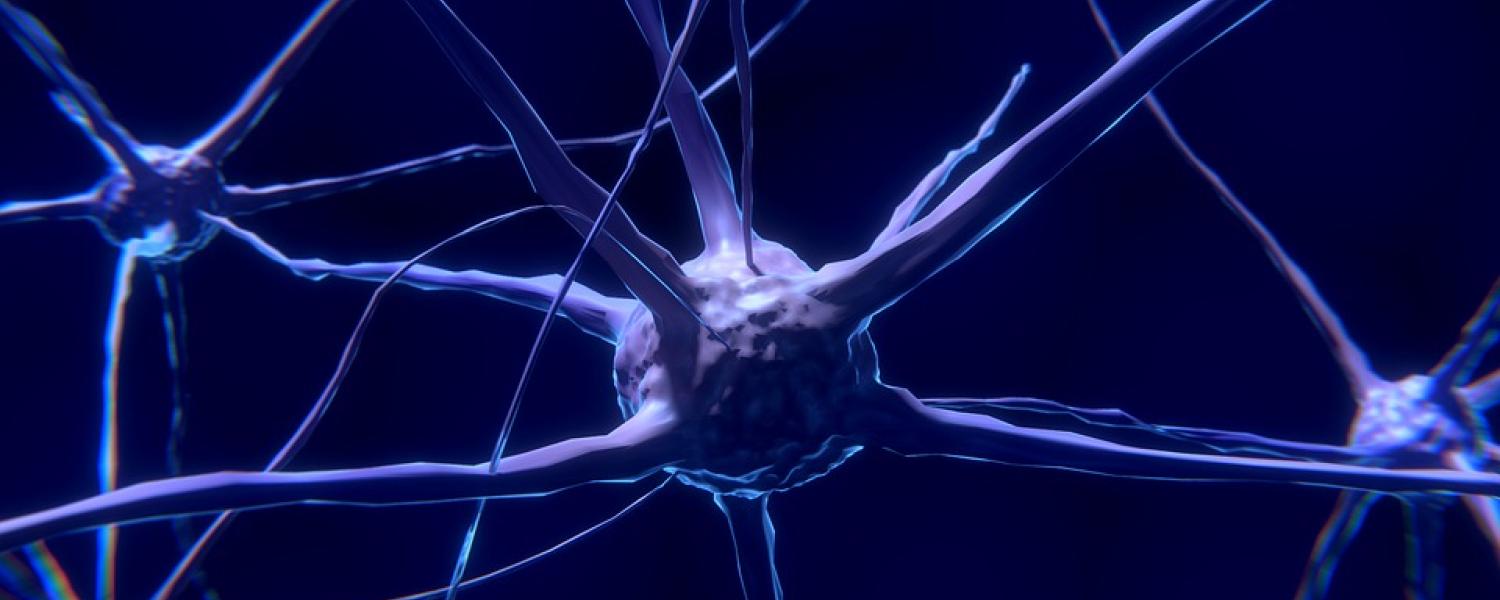
Neuroscientists have established in recent decades the idea that some of each day’s experiences are converted by the brain into permanent memories during sleep the same night. Now, a new study proposes a mechanism that determines which memories are tagged as Important enough to linger in the brain until sleep makes them permanent.
Led by researchers from NYU Grossman School of Medicine, the study revolves around brain cells called neurons that “fire” – or bring about swings in the balance of their positive and negative charges — to transmit electrical signals that encode memories...
Read More







Recent Comments